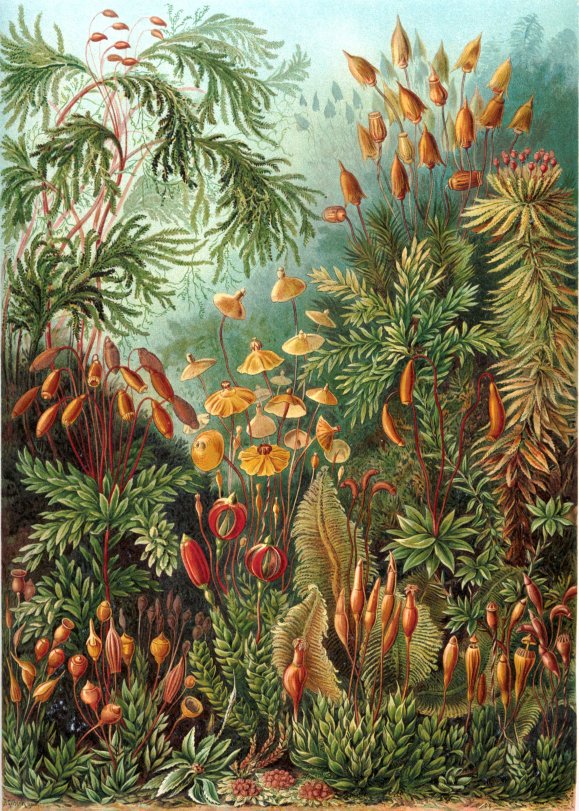
Some readers have asked why the Glassmakers left the city — and too many have asked for it to be a coincidence.
I thought I’d explained it, but I checked and I’d cut a passage from an earlier version of the novel because I thought it repeated something said elsewhere. Obviously I erred.
This was cut from a section in which Stevland talks about the Glassmakers:
“We have also learned why they left, according to their oral tradition. Their colony was failing, and because their genus is nomadic like moths or certain large crabs, they decided to return to the old ways in hopes that it would prove more helpful, but nomadic life did not increase survival since the problem was malnutrition and illness. Females were especially vulnerable, perhaps due to the strain of childbirth, and the orphans grew ungovernable. Finally, after many decades of unceasing decline and in desperation, they decided to return to the city, only to find it occupied.
“I am sorry I was unable to provide better care when they lived here earlier. I will do so now, and I have learned what I must do to keep them in the city.”